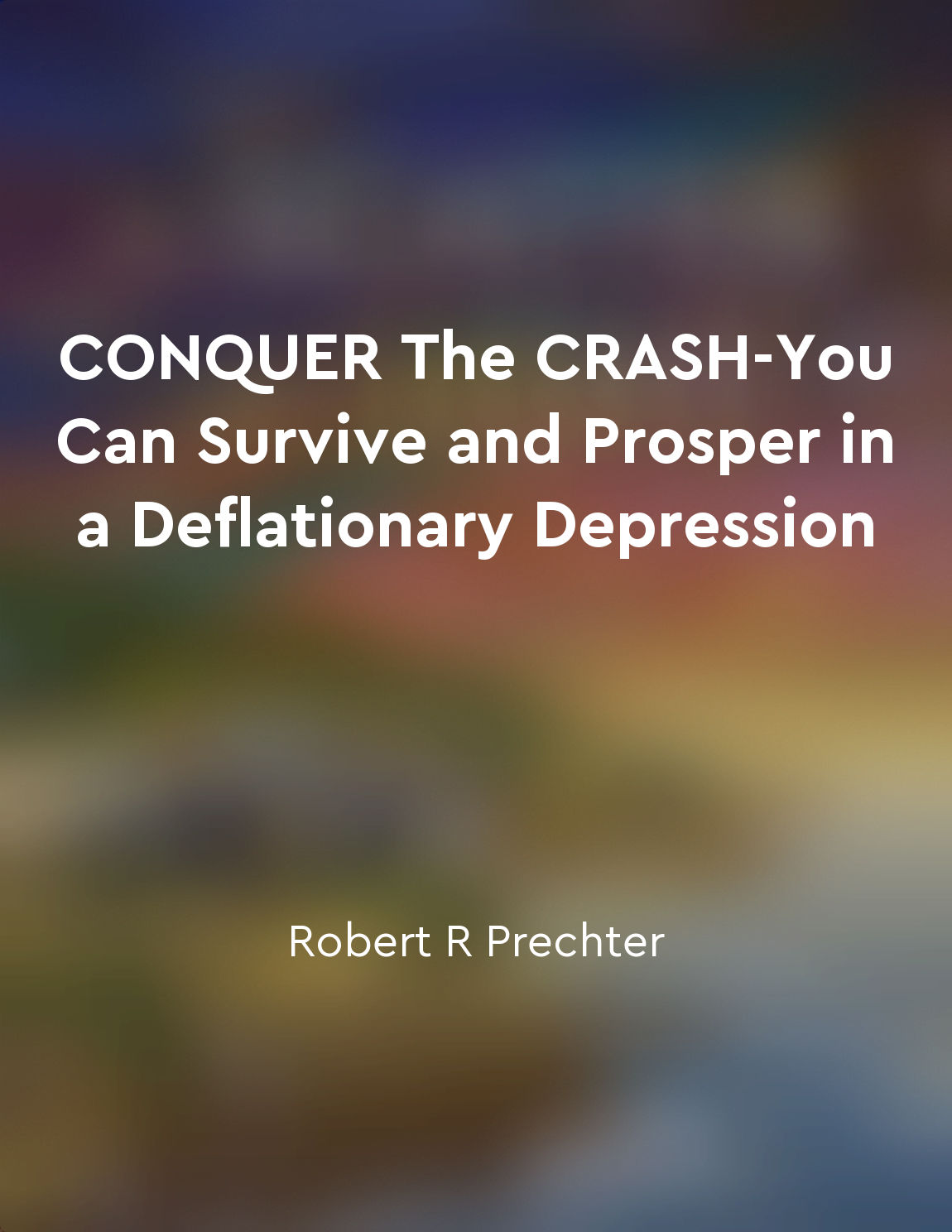The psychology of crowds plays a significant role in driving market bubbles from "summary" of A Short History of Financial Euphoria by John Kenneth Galbraith
The psychology of crowds is a subject of profound importance in the financial world. It is through the collective behavior and emotions of individuals that market bubbles are formed and sustained. When a group of people become convinced that a particular asset is on an upward trajectory, they tend to disregard rational analysis and simply follow the crowd. The power of this collective mindset is such that it can lead to exuberant market conditions where prices are driven to unsustainable levels. In the midst of a bubble, investors are often guided by the fear of missing out and the desire to profit from the continued rise in prices. This herd mentality can cause rational decision-making to be thrown out the window. One of the key reasons why market bubbles occur is the inherent human tendency towards greed and overconfidence. In the midst of a euphoric market environment, investors often believe that they are invincible and that the good times will continue indefinitely. This creates a self-reinforcing cycle where rising prices attract more investors, further driving up the price of the asset in question. As the bubble continues to inflate, the disconnect between the underlying value of the asset and its market price becomes more pronounced. This leads to a situation where the bubble is bound to burst at some point, causing significant financial losses for those who were caught up in the frenzy. In the aftermath of a market bubble, there is often a period of panic and despair as investors realize the extent of their losses. The psychology of crowds shifts from exuberance to fear, leading to a sharp decline in prices and a rush to sell off assets. This cycle of boom and bust is a recurring feature of financial markets, driven by the collective behavior of individuals caught up in the euphoria of a market bubble.Similar Posts
We make choices that often defy rational reasoning
Human beings have a remarkable ability to make choices that are often puzzling to outsiders, and sometimes even to themselves. ...
Confirmation bias reinforces existing beliefs
Confirmation bias reinforces existing beliefs because our brains are wired to seek out information that confirms what we alread...

Reduce unnecessary expenses
To survive and thrive in a deflationary depression, it is imperative to cut back on unnecessary expenses. This concept is cruci...
The allure of quick profits leads to excessive risktaking
The seductive appeal of rapid financial gains is a potent force that can drive individuals to take on excessive risks in the pu...
Understanding market complexity is crucial for mitigating crash risks
To navigate the treacherous waters of financial markets, one must grasp the intricacies and nuances that underlie their movemen...
Expectations determine market outcomes
The driving force behind market outcomes is the collective expectations of market participants. These expectations are influenc...
Unemployment rates rose sharply
The crash of 1929 brought about a sudden and severe increase in unemployment. People lost their jobs at an alarming rate as bus...
Regulatory reforms were implemented
In response to the financial chaos that followed the Crash of 1929, a series of regulatory reforms were introduced. These refor...

Psychology influences investment choices
Investors' choices are not always driven by rational analysis or careful consideration of data. In fact, human psychology plays...
Contrarian investing requires a contrarian mindset
Contrarian investing is not for the faint of heart. It requires a unique approach to the market, one that goes against the grai...
